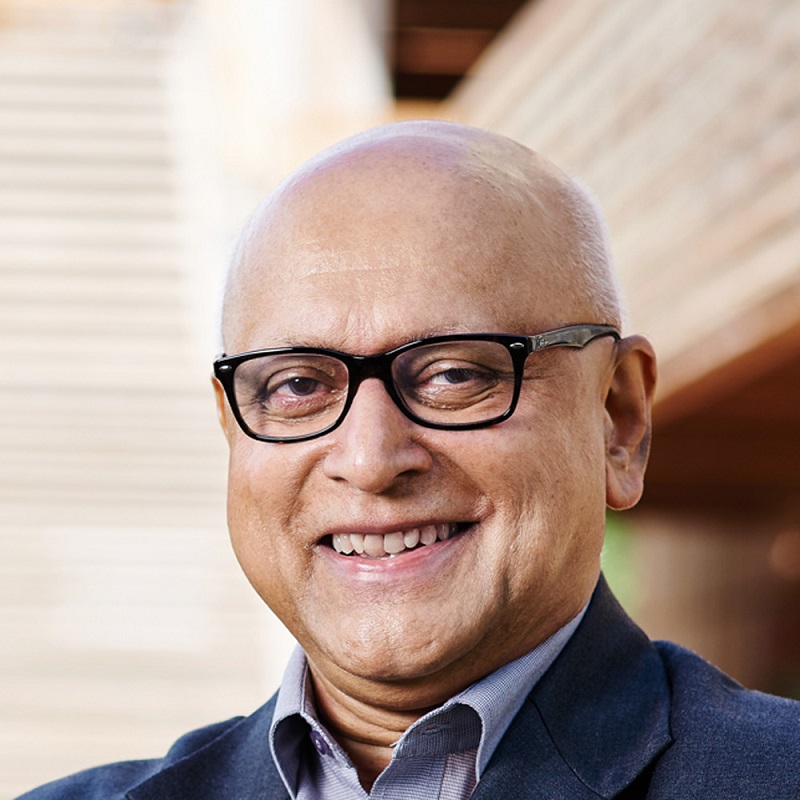Relator: Ms. Inmaculada Ruiz, Mr. Dario Mazzella, Ms. Magali Barraja and Ms. Elissa Goldenberg
Communication Officer, ANIMA Investment Network; Project Manager, META Group; Manager BSR - Business for Social Responsibility; Manager BSR - Business for Social Responsibility
Inmaculada Ruiz has been working as Communication Officer for ANIMA Investment Network since April 2015 and she is in charge of the EUROMED Invest project communication and visibility since June 2016. She has cooperated to the communication and web management of different Euro-Mediterranean projects (LACTIMED, MedGeneration, EUROMED Invest, EDILE, Diamed, SAHWA), besides the communication and web activities of the ANIMA Investment Network association. In 2012, she successfully obtained a degree in Journalism at the University of Malaga, in Spain, as well as a master degree in Digital Communication and Web Management in 2015 at the Ecole de Journalisme et de Communication d’Aix-Marseille (EJCAM), in France.
Dario Mazzella is currently working for META Group, an international group supporting the creation of knowledge intensive companies, developing new entrepreneurial programs for the European Commission, mentoring start-ups and young entrepreneurs looking for early-stage capital, and managing the company’s participation inside international networks. He also managed the overall organization of the Global Entrepreneurship Congress 2015, held in Milan last March 2015 and gathering professionals from 159 countries. He is currently doing a PhD in Geopolitics at the University of Pisa, focusing on the economic development of the Mediterranean Sea Basin. He holds a Master Degree in Innovation Management from the Sant'Anna School of Advanced Studies.
Magali oversees a three-year project funded by the Dutch Ministry of Foreign Affairs, focusing on catalyzing private-sector action for women’s empowerment. Prior to joining BSR, Magali was part of the sustainability team at Kering. She has also worked for several European supply chain initiatives, including the Ethical Trading Initiative and the Business Social Compliance Initiative, advising companies on design and implementation of ethical trade strategies that deliver impact for supply chain workers. Magali holds an advanced Certificate in Corporate Social Responsibility from the University of Geneva and a Master’s in International Affairs from the Institute for International and Development Studies in Geneva. She also holds a B.A. with Honors in Political Science from the Institut d’Etudes Politiques (Sciences Po) of Aix-en-Provence.
Elissa manages buyer engagement and communications for BSR’s HERproject—a program empowering women working in global supply chains through workplace programs on health, financial inclusion, and positive gender relations. She also contributes to BSR’s growing women’s empowerment practice. Prior to HERproject, Elissa worked with companies across sectors on human rights. She was also on BSR’s Communications team for four years, where she provided strategic marketing support and produced and gave direction for member publications. Before joining BSR, Elissa was the communications intern for GlobalGiving, a Washington, D.C.-based international development nonprofit. Elissa holds a B.A. in Political Economies of Industrial Societies from the University of California, Berkeley










